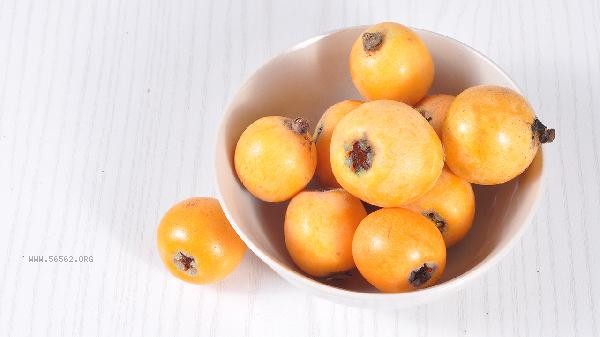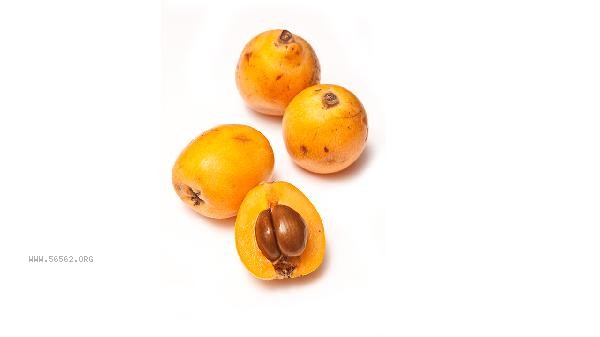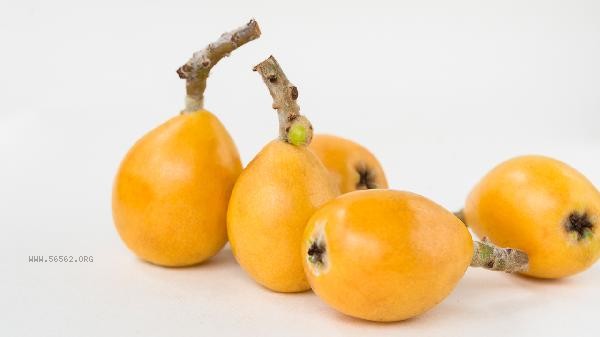Loquat usually needs to be peeled when eaten. Although loquat peel contains certain nutrients, it has a rough texture and may contain pesticide or dust residues. It is safer and tastes better when consumed after peeling. Some people may choose to eat with skin on due to special needs, but it needs to be thoroughly cleaned.

Loquat has a hard cortex with fine hairs on the surface, and direct consumption may irritate the oral or gastrointestinal mucosa. The fruit peel may adhere to pesticides or environmental pollutants used during cultivation, and there is still a risk of residue after thorough cleaning. Peeling can prevent the intake of these potentially harmful substances and enhance the delicate taste of the fruit flesh. Although loquat peel contains polyphenols and dietary fiber, its overall nutritional value is much lower than that of fruit pulp, and peeling does not significantly affect nutrient intake. In rare cases, some people may keep loquat peel to obtain more dietary fiber. This type of practice requires ensuring that the fruits come from organic cultivation or pesticide free environments, and using deep cleaning methods such as soaking in baking soda and rinsing with running water. However, tannins contained in the skin may affect digestive function, and individuals with gastrointestinal sensitivity may experience bloating and discomfort. Traditional Chinese medicine believes that loquat peel has cough stopping effects, but modern medicine recommends treating respiratory diseases with regular medication.

It is recommended to prioritize the peeling method when consuming loquat, rinse with flowing water before peeling off the skin. If you want to preserve the skin, you should choose traceable organic products and treat the surface with fruit and vegetable cleaning agents. Pay attention to refrigeration and preservation during storage to avoid microbial contamination caused by skin damage. When stewed with ingredients such as lilies and Sichuan scallops, peeled loquat can better release sweetness and nutrients, making it suitable for cough patients as an auxiliary conditioning food.










Comments (0)
Leave a Comment
No comments yet
Be the first to share your thoughts!